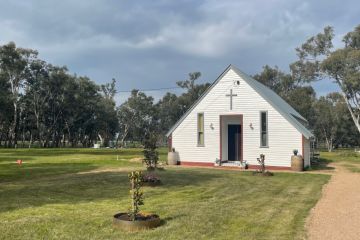Turning up the heat: Victorian women smashing the hospitality industry's boys club
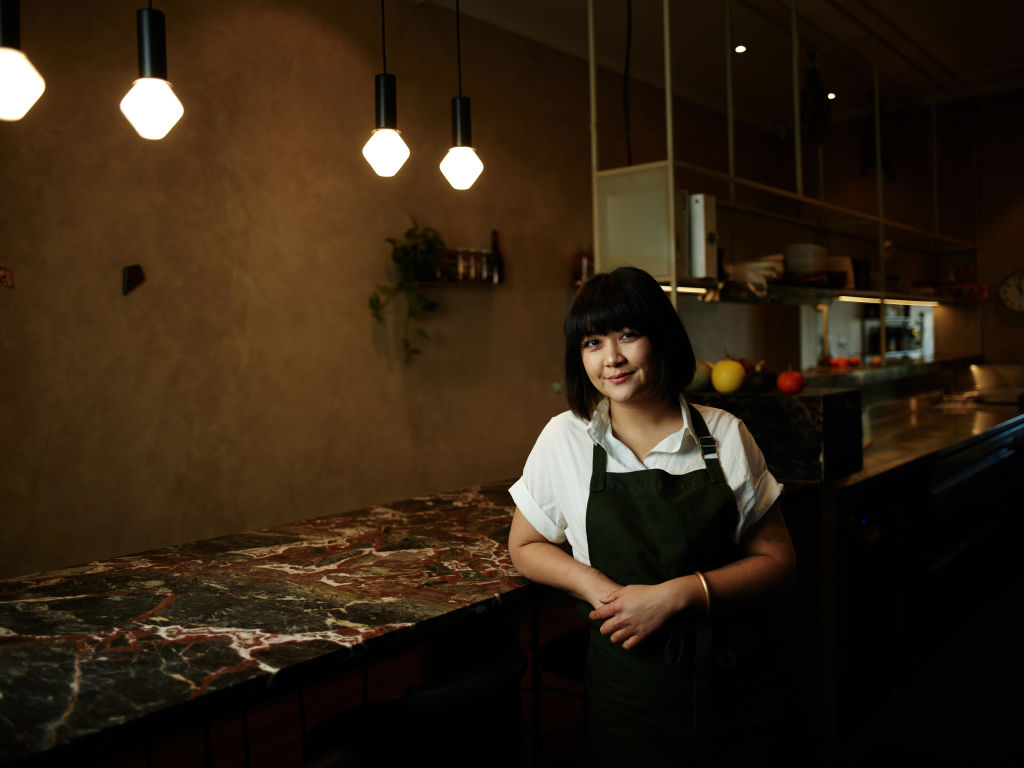
When you order the bone-in pork belly rib at Etta in Brunswick East, the meat is charred over smoldering embers to caramelise the crust. It’s finished in the oven and the fat blisters into crackling – all grunt and flavour. Tiny turnips and an oyster emulsion daub add a feminine touch, but this is a masculine dish, cooked by 28-year-old head chef Rosheen Kaul.
Kaul joined Etta in November 2020, having cooked at Lee Ho Fook and now-closed restaurants Ezard and Dinner by Heston. Employed by owner Hannah Green, she puts her recent role down to her determination to be treated equally in kitchens throughout her career.
“To get anywhere in a kitchen, especially as a woman, you always feel the need to really prove yourself,” she says. “You don’t ever want to be like, ‘I’m getting this because I’m a girl.’ I’m not softer than you. I can lift stuff. I can cook on fire.”
She recalls one job where women were destined for the pastry section and sous chefs “slapped her on the arse” as she walked past, but that was an exception.
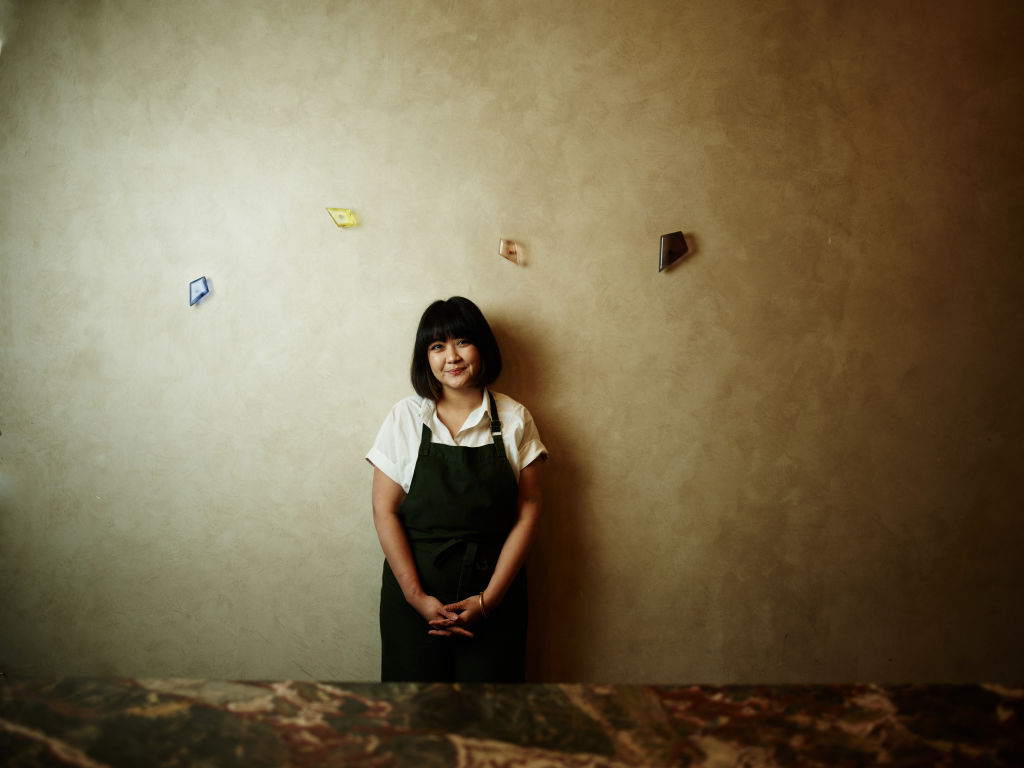
“People can’t really hide any more. Because of the time we’re in and because of how much this conversation happens, people are generally decent now and highly aware of how their behaviour can be construed,” she says.
Kaul’s advice to young women cooking their way to the top is the same she’d give to anybody: “Don’t rush. Make your foundation as rock-solid as you can so that nobody can question you. If you arm yourself with all the skills and knowledge that you can, then in an ideal world, it shouldn’t matter who you are.”
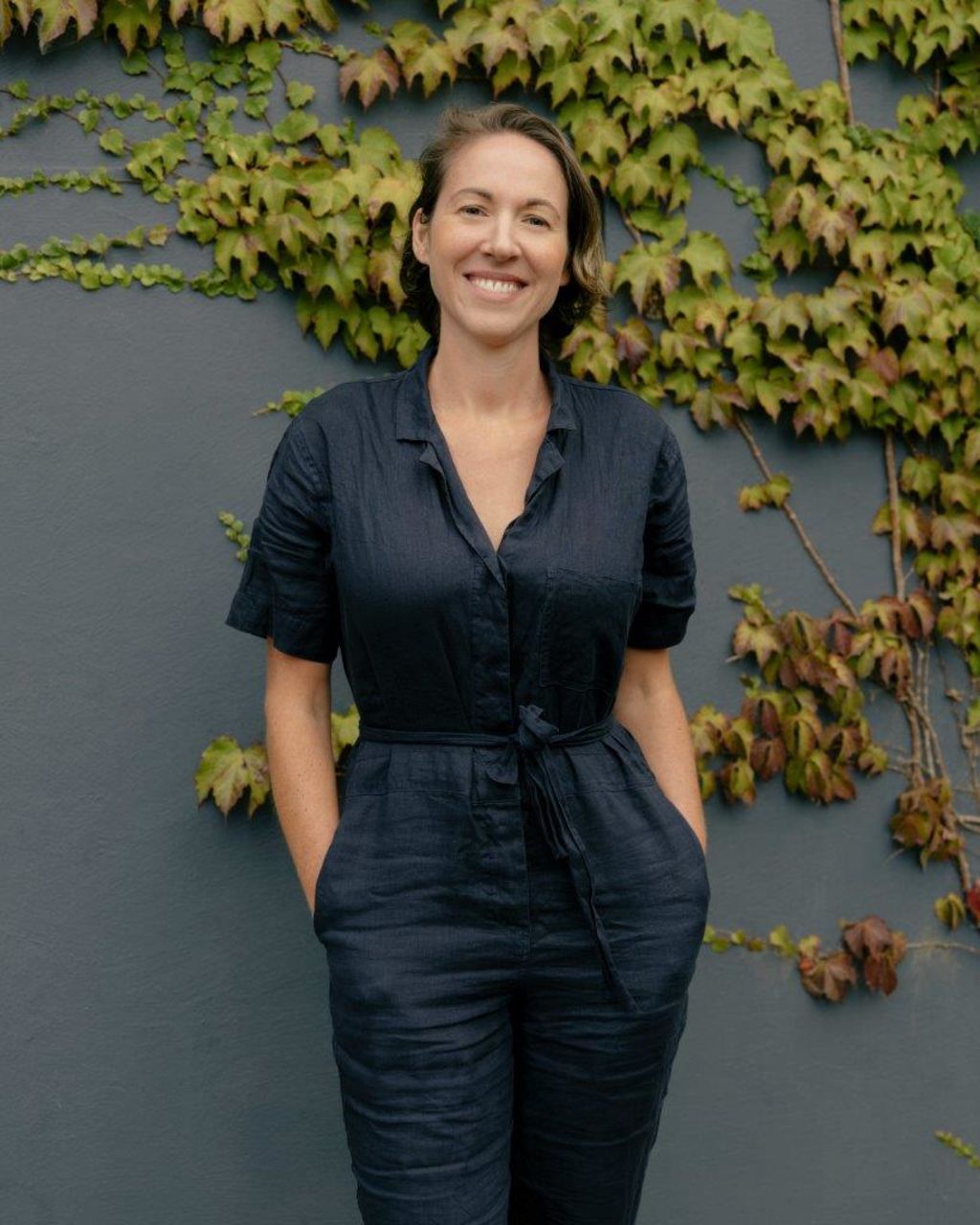
Katie McCormack, co-owner of Congress, Future Future and Lagotto restaurants, is thrilled that there are increasingly more female role models in hospitality. She remembers dining regularly at Circa in St Kilda, where she aspired to be in a similar spot to then-front-of-house manager Madeleine Morgan (now at Pt Leo Estate).
“She was an anomaly in that position. When I used to dine out when I was first getting into restaurants, there were very few women serving us, and definitely not in managerial positions and definitely no sommeliers,” says McCormack. “It’s really changing.”
About 70 per cent of McCormack’s staff are female. She acknowledges that while it might be related to the interview process or how she connects with people, she believes that women bring a particular warmth and openness to a space.
“You’re going to have harder women and softer men, but women bring humility. It’s about the guest, about being part of their experience rather than stomping on it, if I’m allowed to say that,” she says.
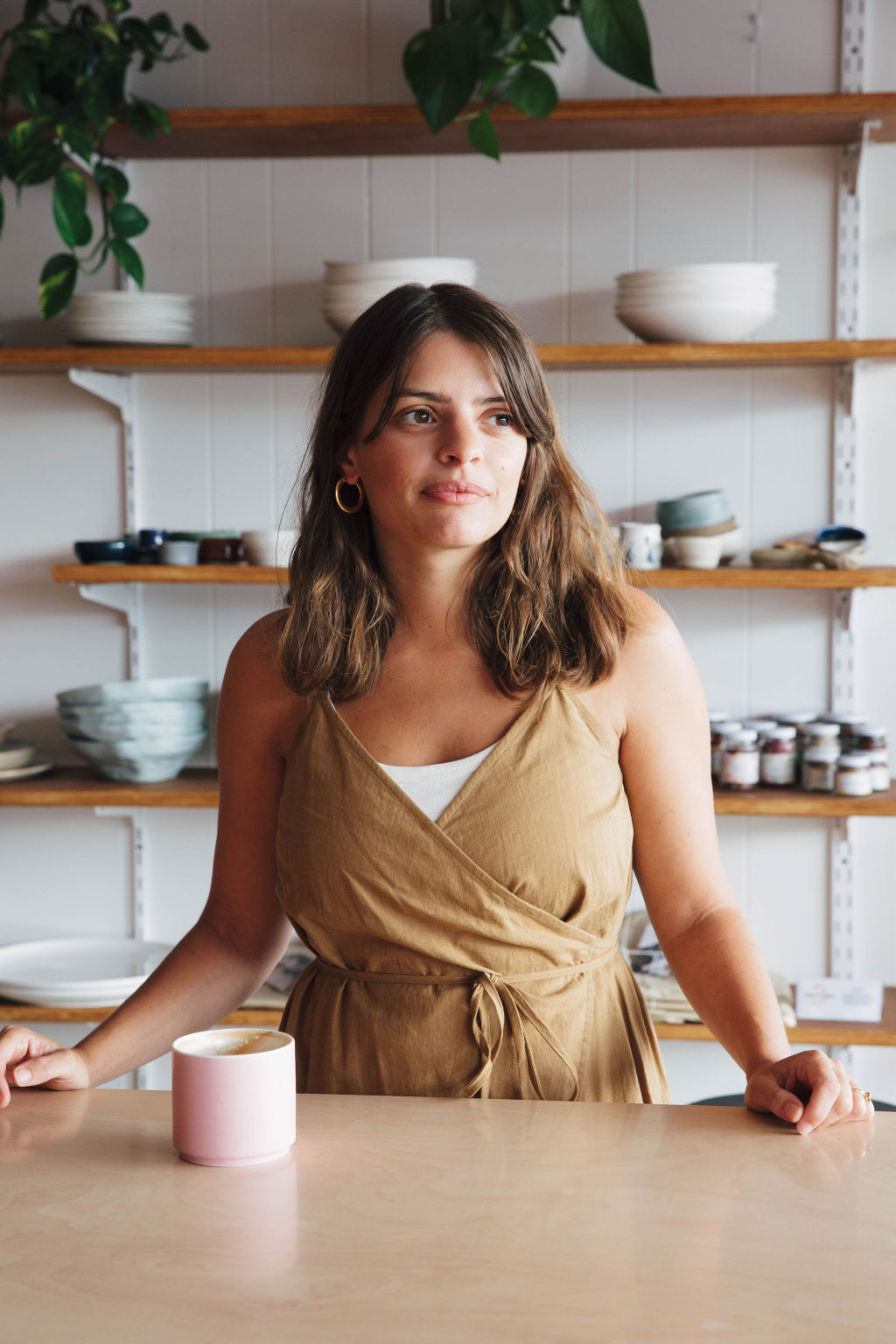
Free to Feed CEO Loretta Bolotin doesn’t think it’s a coincidence that she employs more women at her not-for-profit social enterprise. All three of her chefs are female, outperforming their male counterparts during interviews. When asked during an interview how he might problem-solve, one prospective employer said he’d take the person causing the issue into the cool room and “give them a dressing down”.
“All three of our chefs have had successful careers, but they notice the toxicity that exists in the hospitality sector. Our workplace encourages wellbeing and is about creating a nurturing environment for our participants and staff alike,” says Bolotin.
Free to Feed runs paid training and development courses for new migrants and people seeking asylum. Participants complete a Certificate III in Commercial Cookery and share their culture through food in their cooking classes. Bolotin estimates about 80 per cent of the program’s participants are women due to greater barriers faced when transitioning into hospitality as new migrants.
“Many of the women in our program are also mothers, so they are balancing significant caring responsibilities,” Bolotin says.
Hospitality is changing in the drinks world, too. Australia’s first female-founded brewery, Two Birds Brewing, turns 10 this June. Co-founder Jayne Lewis has been in the industry for 18 years and also started the Australian arm of The Pink Boots Society, a non-profit organisation that supports women in brewing.
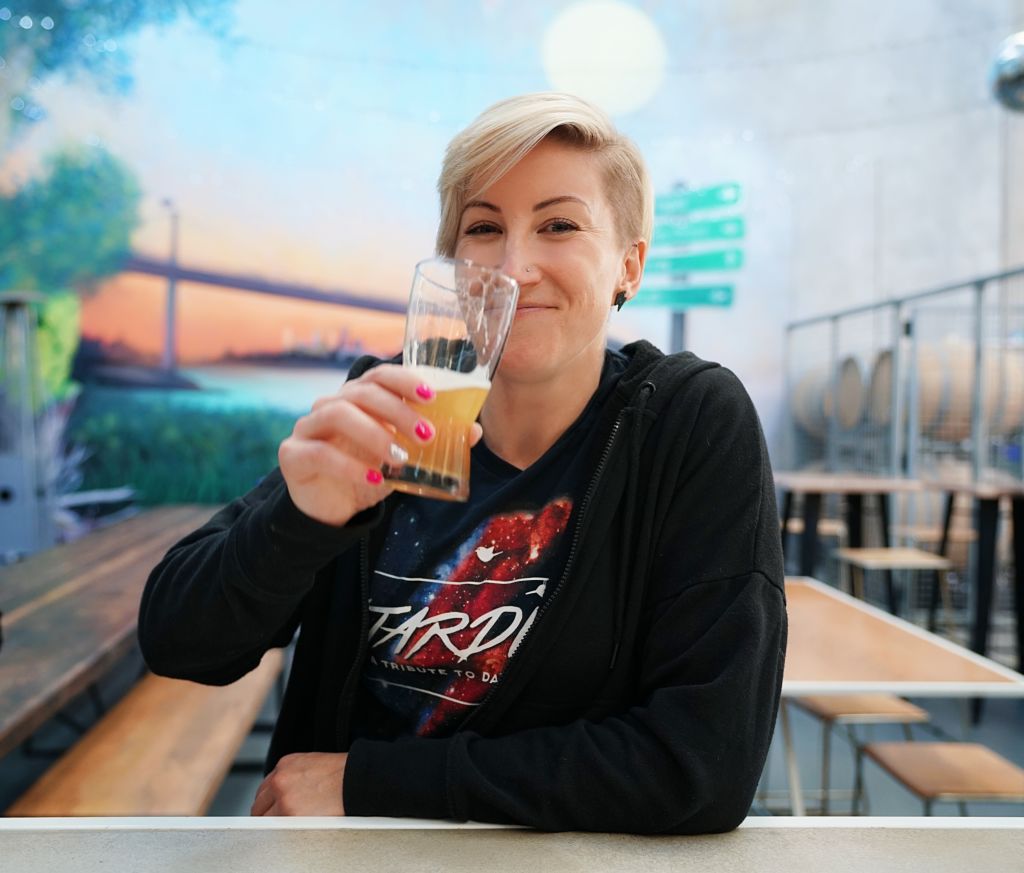
“When I started there was myself and one other female brewer in the industry, but it’s becoming so much less of a thing. There are so many more females getting into brewing … and so many more females drinking beer,” she says.
The way beer is marketed has also changed. With so many more flavours and varieties available, it’s gone from a “hard-earned thirst” to a love of craft. Research has shown that women actually have more tastebuds than men, which is related to being a “supertaster” – someone who experiences flavour more vividly than others. According to an oft-cited study from Yale Medical School, about 35 per cent of women but only 15 per cent of men fit the description.
“The beer-making process is the same between genders, but I believe there is a difference around finesse and tasting as well,” says Lewis. “There’s more balance.”
Still, the gendered stigma remains in the brewing world. Lewis is constantly met with surprise when she tells people that she makes beer, but insists it’s a fun industry to work in once you get past the stereotypes. Besides, she points out, women were brewing beer long before blokes.
“Brewing was the traditional job of women up until the Industrial Revolution. It was part of preparing food; they literally used to feed it to children because it was safer than water,” she says. “Now women are taking back brewing. We’re absolutely still a minority, but we’re coming on at a rate of knots.”
We thought you might like
States
Capital Cities
Capital Cities - Rentals
Popular Areas
Allhomes
More






